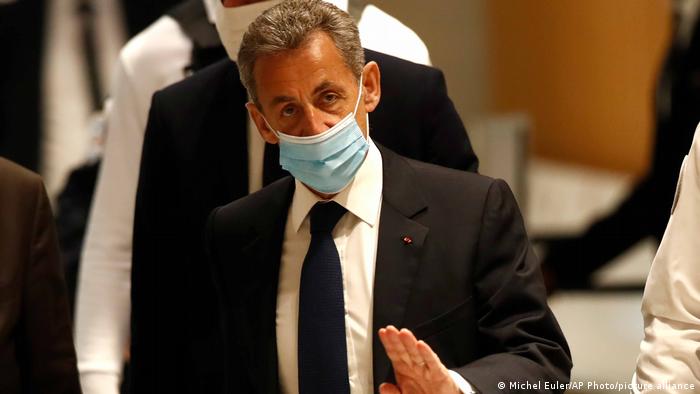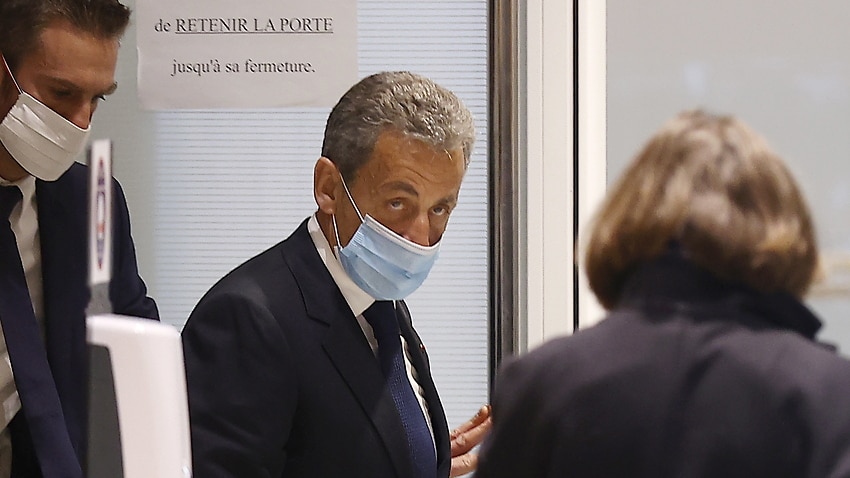Former French President, Nicholas Sarkozy, has been handed a one-year custodial sentence, but will not serve his time behind bars, a French court has ruled.
A French court on Thursday handed former President Nicolas Sarkozy a one-year sentence for illegal financing of his 2012 re-election bid, dealing a fresh blow to the right-winger six months after a conviction for corruption.
Sarkozy, 66, will not serve time behind bars under the terms of this verdict, however, with the court ruling that he would be able to serve the sentence outside of prison.
The verdict comes six months after Sarkozy was found guilty of corruption in a separate trial.
Corruption And Influence Peddling
In March, Sarkozy became France’s first post-war president to be handed a custodial sentence when he was given a three-year term, two years of which were suspended, for corruption and influence-peddling over attempts to secure favours from a judge.
Sarkozy, who has accused the judiciary of hounding him since he lost his presidential immunity, appealed that verdict.
Before him, the only former leader to be sentenced at trial was Sarkozy’s predecessor Jacques Chirac, who received a two-year suspended sentence in 2011 for corruption over a fake jobs scandal relating to his time as Paris mayor.



